May 20th, 2022
An interview with Dr. Hana Ayala, Founder and CEO of Pangea World
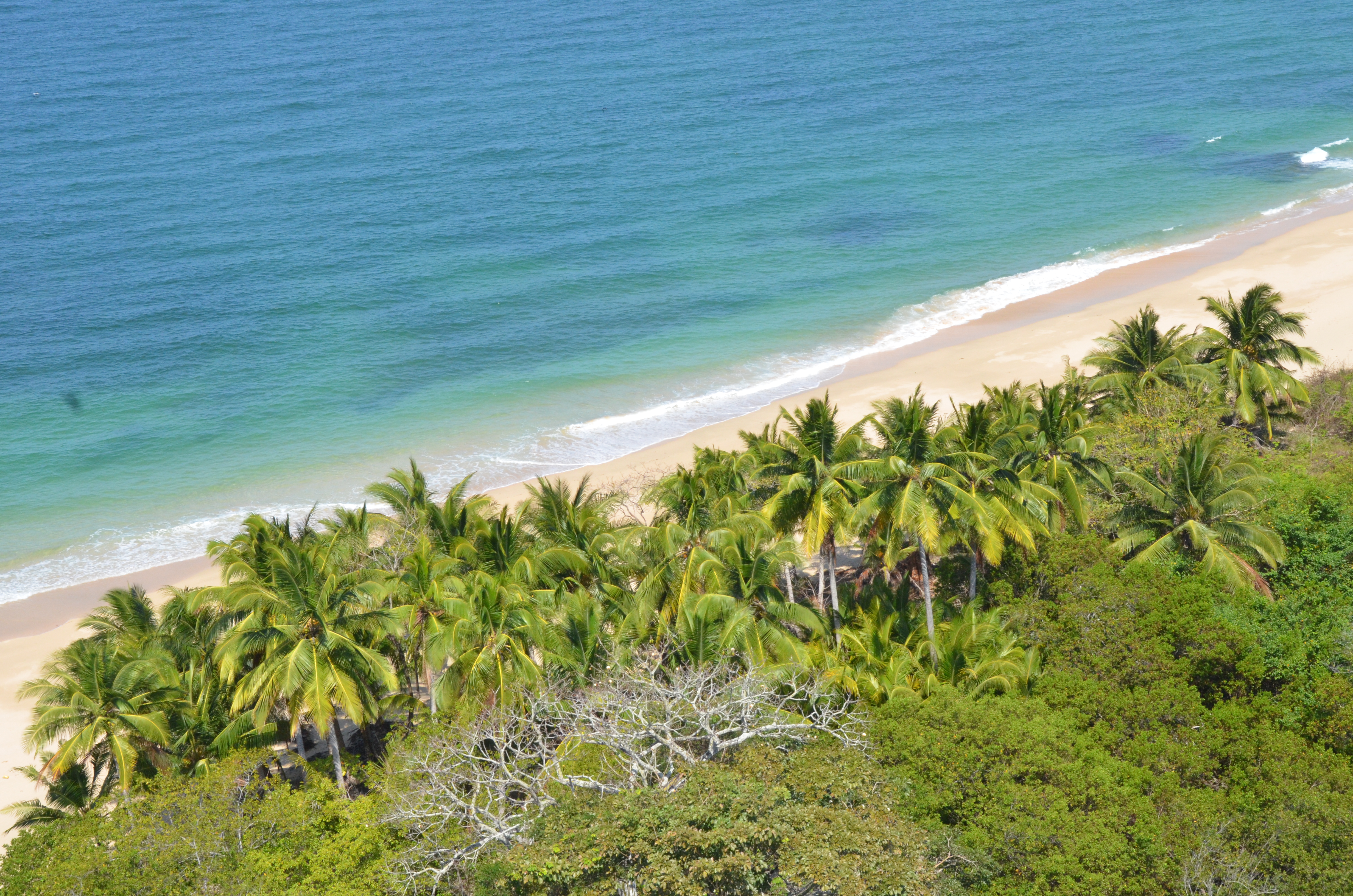
Islas Cayonetas, Panama
Irreplicable portfolio of three Pacific islands
3 Pacific Islands | 1,749 Acres +/- | 53 Beaches | 17.7 Coastline Miles +/- | 30% Developable Area
Bespoke Exclusive. $100M
How is investing in Islas Cayonetas unique and different from other philanthropic efforts?
The investment in Islas Cayonetas is a transformative investment. It goes beyond the existing notion and efforts of philanthropy premised on donations of money to good causes, eco-philanthropy and science philanthropy ever more prominent among them. The Islas Cayonetas investment will be at the vanguard of a globally scaled endeavor to transform conservation and Earth-centered basic science from donations-dependent causes to economic forces that are blind to political borders. It is positioned to champion a redefinition of the geography and sustainability of the emerging global knowledge economy. It opens a transnational frontier for a new breed of resorts master-planned to excel as stewards of biologically diverse “routes of wonder” of exceptional scientific value and mission to benefit all of humanity. Its business and legacy dimensions are intertwined in a mutually reinforcing relationship that guarantees the investment’s appreciation in magnitude and international prestige not matched by existing models of legacy investments.
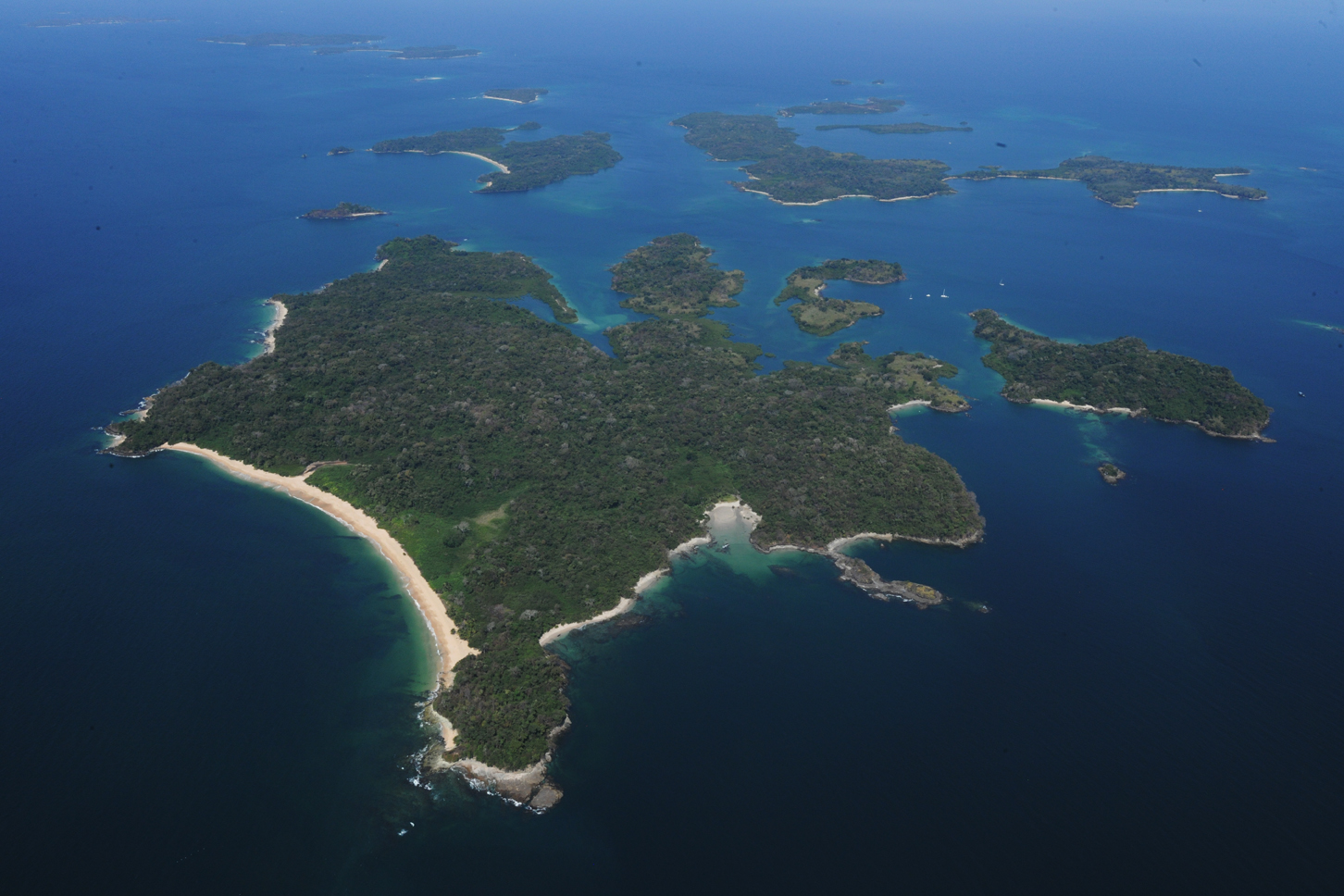
Islas Cayonetas, Panama
Irreplicable portfolio of three Pacific islands
3 Pacific Islands | 1,749 Acres +/- | 53 Beaches | 17.7 Coastline Miles +/- | 30% Developable Area
Bespoke Exclusive. $100M
These guarantees are backed by the rigorous credentials of an economic-development paradigm that Dr. Hana Ayala, world renowned scientist and diplomat, founder of Pangea World has crafted when seeking to answer one of the most challenging questions of our time: How can we empower developing nations with a pathway to lift millions out of poverty, train them for new jobs based on knowledge as the fuel for economic growth rather than on exploiting natural resources, and in the process, forge a sustainable future? The leading business innovators and philanthropists of our time are focused on this question from Bill Gates to Larry Ellison to Warren Buffet. Mark Zuckerberg has recognized the knowledge economy as the catalyst for a massive global economic shift. There is no doubt that the time for the “knowledge revolution” has come: the move from a traditional manufacturing, industrial and oil-based economy, fraught with global political power struggles, to a knowledge-based economy.
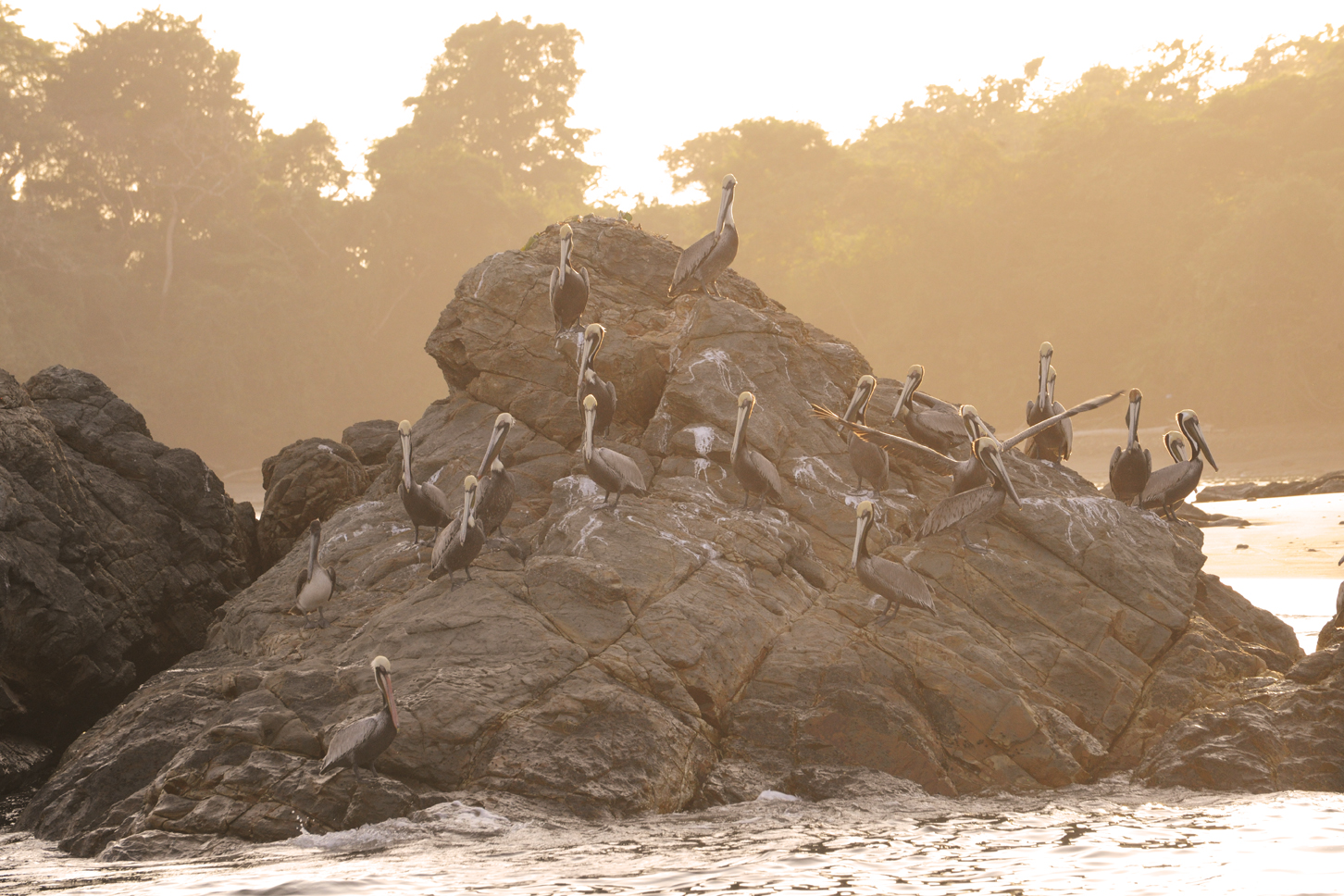
Islas Cayonetas, Panama
Irreplicable portfolio of three Pacific islands
3 Pacific Islands | 1,749 Acres +/- | 53 Beaches | 17.7 Coastline Miles +/- | 30% Developable Area
Bespoke Exclusive. $100M
Dr. Ayala asserts that the prevailing definition of the knowledge economy misses a vast reserve that could propel this new economy as profoundly as oil has shaped the industrial economy. She explains by drawing a comparison: Unlike oil or mineral ores whose global volume is just a sum of their deposits, the 21st century “raw material” reserve—the yet-to-be-tapped scientific knowledge embedded in the still largely unspoiled landscapes and seascapes of our planet—grows in volume and, most importantly, worth, in the context of evolutionary and ecological relationships that have the potential to yield scientific and medical discoveries. Dr. Ayala challenges the common notion that the value of natural resources diminishes in the knowledge economy: It may well increase, she argues, measured in terms of these resources’ “knowledge content.” Her bold claim is that countries abounding in biodiversity and other natural riches of scientific importance could achieve influence and wealth comparable in magnitude, and far superior in endurance, to those that oil-rich countries have traditionally enjoyed.
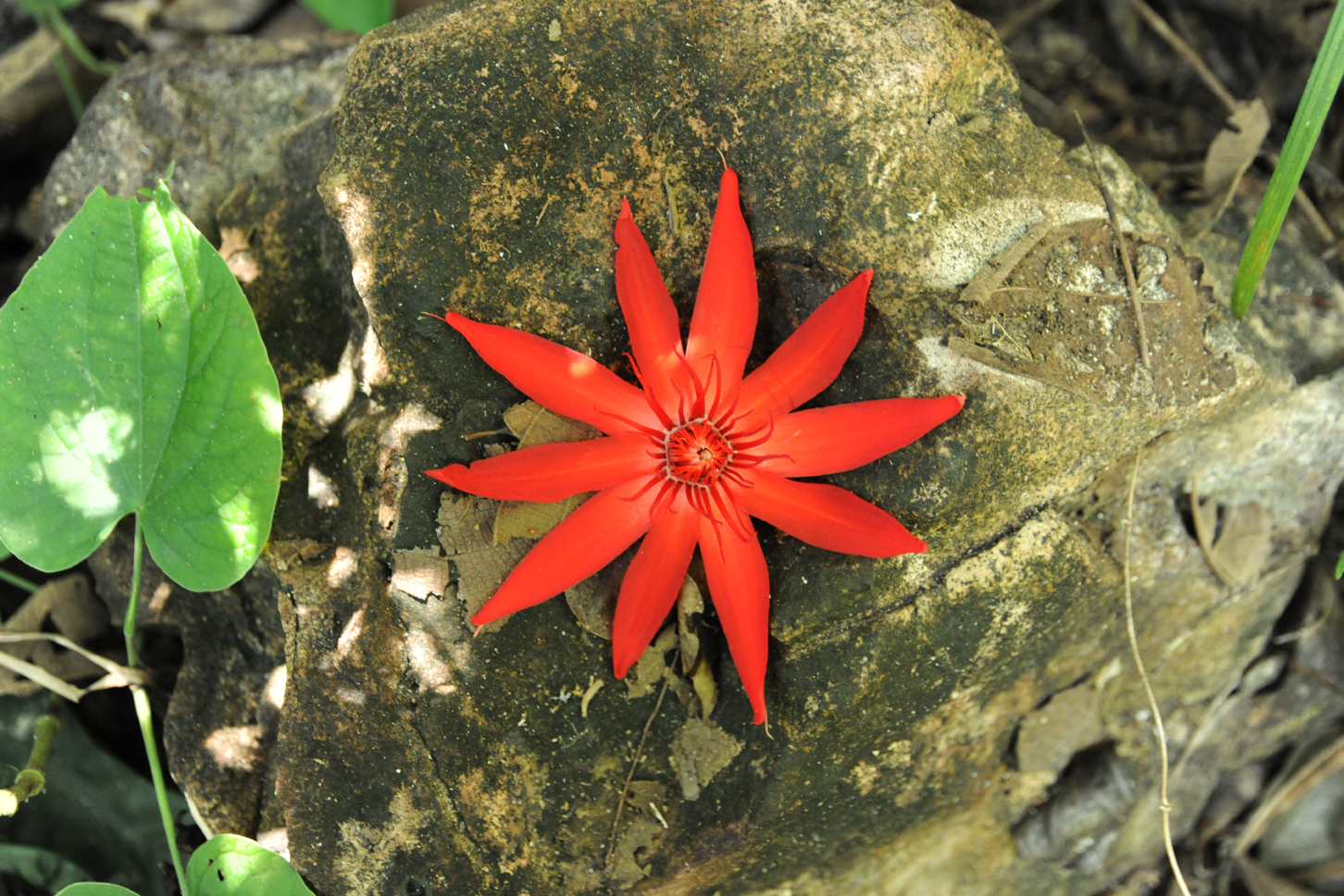
Islas Cayonetas, Panama
Irreplicable portfolio of three Pacific islands
3 Pacific Islands | 1,749 Acres +/- | 53 Beaches | 17.7 Coastline Miles +/- | 30% Developable Area
Bespoke Exclusive. $100M
To free this economic development paradigm from the mercy of national interests and budgets, and to give it the opportunity to expand transnationally, Dr. Ayala introduced the business-cum-legacy model of transnational resort. Central to this model is the recognition that the currently dormant potential of many resort sites to serve as windows into science-revealed, wonder-packed connections among variously distant ecosystems, geological formations, and other pillars of Earth’s architecture is of an even greater value for the sites’ business and legacy capitalization than the natural assets of the sites themselves. The transnational resort master plan harnesses this potential, thus acquiring an unlimited performance-reserve beyond the property line. It bestows on any project it guides the capacity to combine the ultimate in physical comfort and service with unparalleled stimulation of the mind and rare opportunities to engage and preview groundbreaking research. It equips the project with robust incentives for investment—not donations—in research, training, development of scientific infrastructures, and conservation-tailored employment across vast land and marine habitats possessing untapped economic worth because of the knowledge they contain. It enables the project to build economic foundations for global conservation and basic science at the most challenging scale across and beyond national jurisdictions where it merits designation as common heritage of mankind.
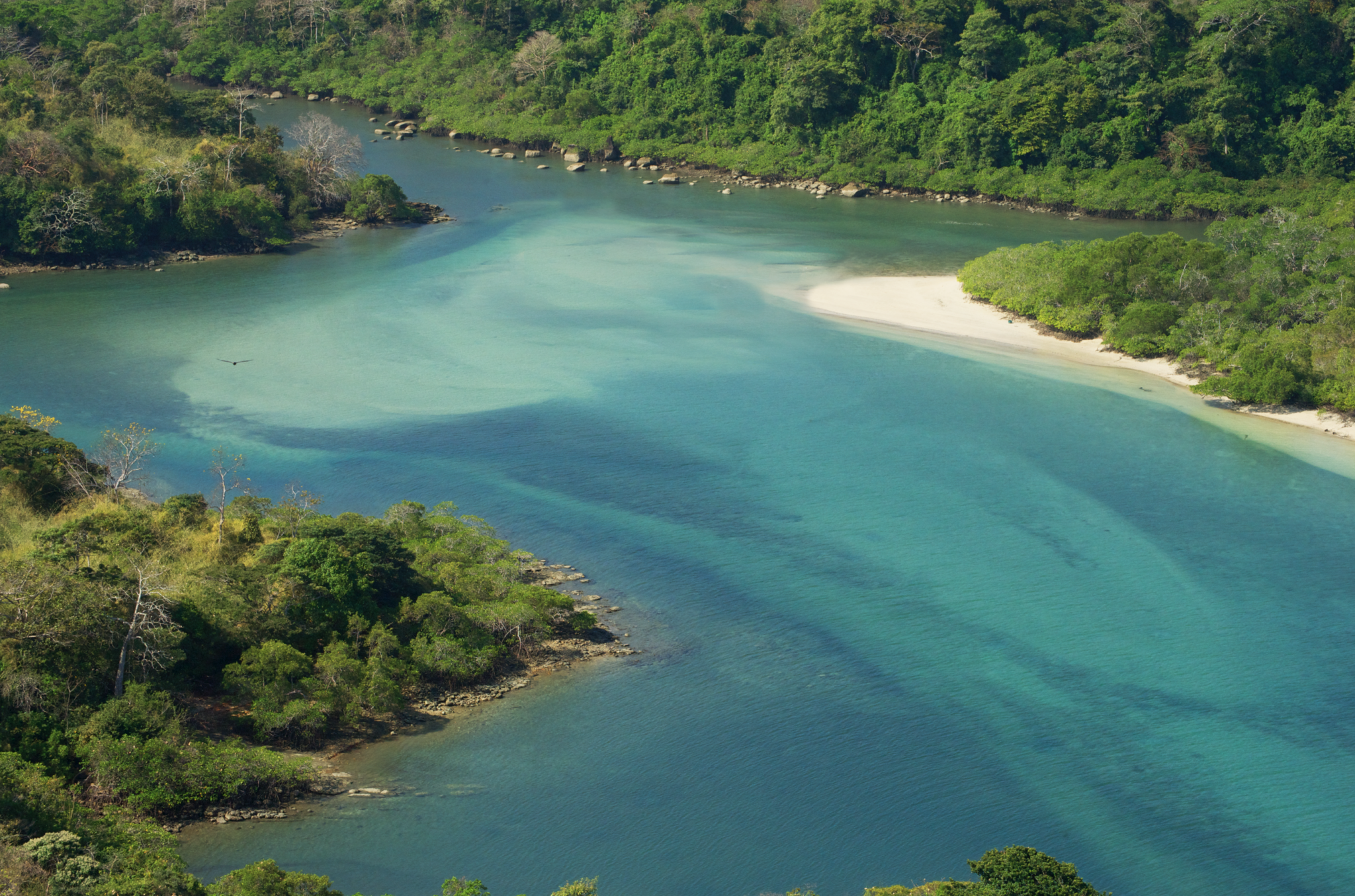
Islas Cayonetas, Panama
Irreplicable portfolio of three Pacific islands
3 Pacific Islands | 1,749 Acres +/- | 53 Beaches | 17.7 Coastline Miles +/- | 30% Developable Area
Bespoke Exclusive. $100M
Dr. Ayala founded Pangea World to spearhead and emblematize the interplay of these novel economic and business models and to foment their joint capacity to revolutionize philanthropy. According to a United Nations press release of September 17, 2010, Pangea World’s approach “represents an unprecedented opportunity to fortify a knowledge bank with incalculable value to strengthen and sustain the emerging global knowledge economy, one that could elevate the conservation of the planet’s most exquisite and vulnerable places into an economic imperative.” A University of California news release extols Pangea World’s international symposium on The Economic Epic of Earth’s Evolution: The New Geography, Diplomacy & Legacy for the Knowledge Economy—from California to the World, hosted by the West Coast Headquarters of the U.S. National Academies of Sciences, Engineering, and Medicine in February 2014. “Transnational Resort: A Transformative Investment in the Global Knowledge Economy” reads the title of a peer-reviewed article published in the Journal of the Knowledge Economy. Top officials at the UN, UNESCO, the National Academy of Sciences, the Smithsonian, and other prominent institutions as well as several Heads of State and diplomats have already endorsed Pangea World’s transnational mission and its potential to expand the world’s geography of sustainable wealth.
Backed by and chosen to emblematize these credentials, the Islas Cayonetas offer is a singular investment opportunity already endowed with the capacity to shape business, philanthropic, and political leadership along transnational bridges of knowledge.
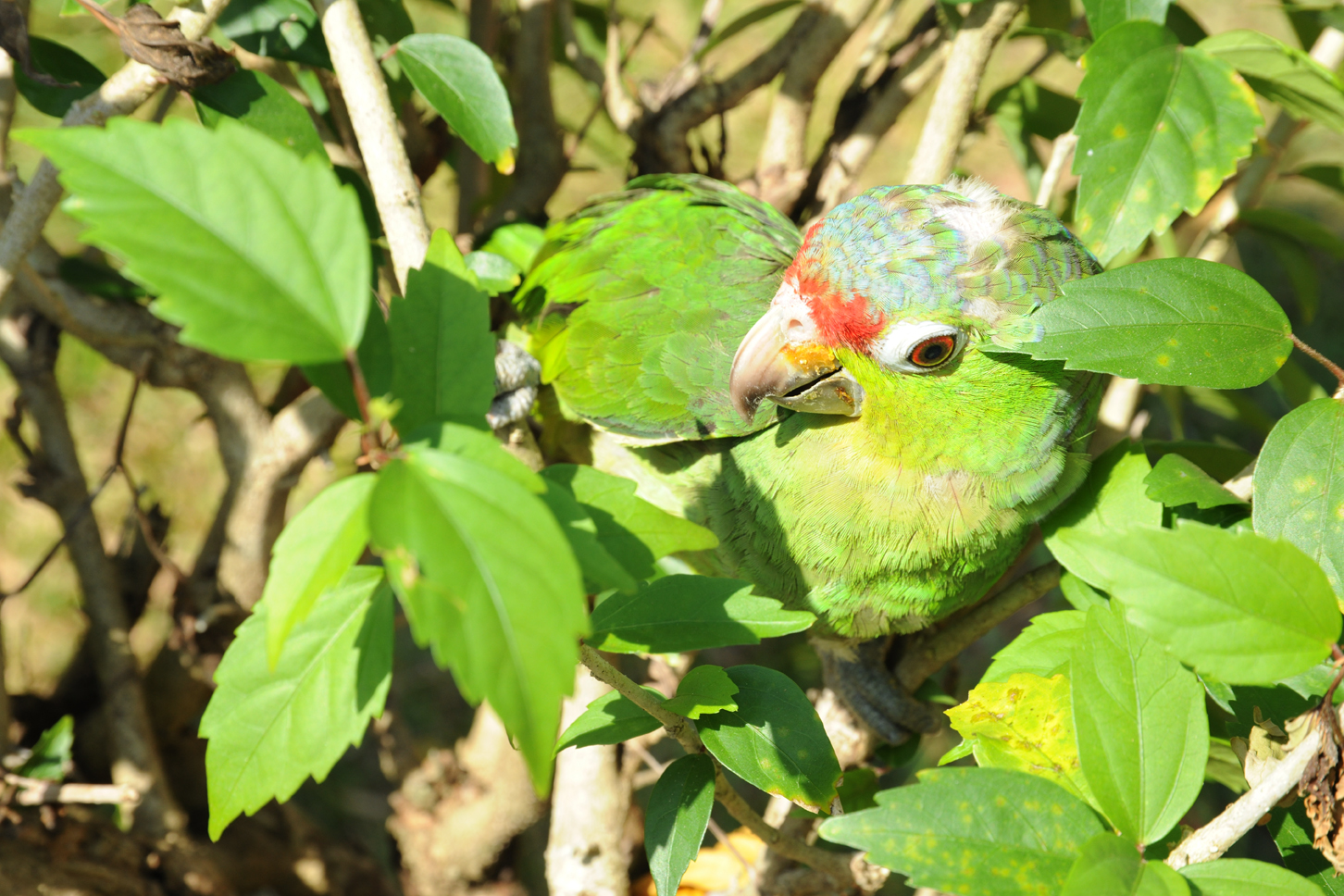
Islas Cayonetas, Panama
Irreplicable portfolio of three Pacific islands
3 Pacific Islands | 1,749 Acres +/- | 53 Beaches | 17.7 Coastline Miles +/- | 30% Developable Area
Bespoke Exclusive. $100M
What are the personal and environmental legacies?
The Islas Cayonetas anchor of these legacies—an island portfolio bathed by the Pacific waters of the Gulf of Panama and forming part of Las Perlas Archipelago—would certainly qualify as prime real estate of scenic splendor. However, such a valuation would grossly depreciate its extraordinary potential.
Under Pangea World’s guidance, this exquisite island trio has already been collectively appraised—through world-class scientific research performed by experts of the Smithsonian Tropical Research Institute—as a “microcosm” of the immense biological, ecological, and geological interest of Las Perlas Islands that split from Panama’s Pacific Coast by the rising sea level fed by the melting of the world’s glaciers just 10 thousand years ago and, thus, are an ideal place to witness the earliest stages of the process of evolution. A veritable “Galápagos in the making.”
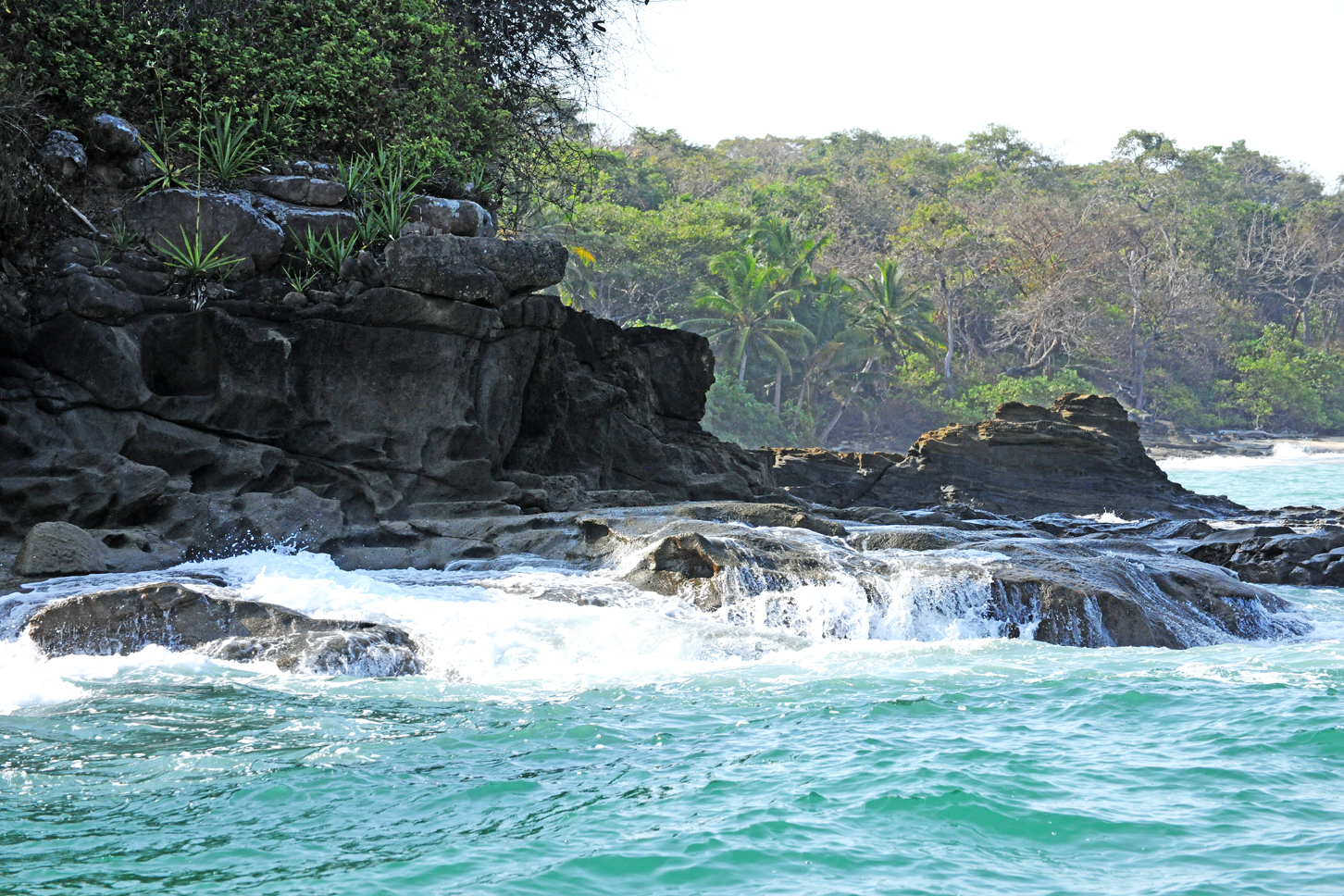
Islas Cayonetas, Panama
Irreplicable portfolio of three Pacific islands
3 Pacific Islands | 1,749 Acres +/- | 53 Beaches | 17.7 Coastline Miles +/- | 30% Developable Area
Bespoke Exclusive. $100M
Armed with this appraisal, Pangea World has expanded the focus beyond the Las Perlas context. It has extoled the immeasurable added value acquired by Islas Cayonetas and the entire archipelago through their belonging to the Eastern Tropical Pacific: a monumental ecosystem complex that skirts large expanses of Central and South America’s Pacific coast, radiates deep into the Pacific, and harbors several World Heritage Natural sites. From the angle of Pangea World’s economic and business models, much of this premium value derives from the precious capital of potential scientific knowledge embedded in Eastern Tropical Pacific’s “infrastructure” of great marine biological and ecological connectivity and of exceptional biodiversity along the convergence of major marine currents. This treasure trove of the borderless raw material of knowledge grows in magnitude across the entire Pacific and its archipelagos. We still have only limited understanding of the connectivity fabric within this immense ocean. Yet, unmasking and protecting this connectivity have profound implications for the health of the economies of the Pacific Island nations and the Pacific-bordering nations.

Islas Cayonetas, Panama
Irreplicable portfolio of three Pacific islands
3 Pacific Islands | 1,749 Acres +/- | 53 Beaches | 17.7 Coastline Miles +/- | 30% Developable Area
Bespoke Exclusive. $100M
With Islas Cayonetas, the investor will acquire an iconic “staging area” for a transnational resort master plan aimed at spearheading a precedent-setting strategy to value the megadiverse Eastern Tropical Pacific as a powerhouse of science-mapped natural knowledge capital that promises to enlighten and inspire while fully retaining its potential to advance human welfare and human progress—locally, regionally, and globally. The unbounded footprint of this master plan will also uniquely stimulate its spillover across the Pacific knowledge-economy frontier, opening new horizons for global eco-philanthropists and science philanthropists and, thus, allowing to pool financial and academic resources to engender a pan-Pacific laboratory of sustainability across which an entirely new level of tourism offer and benefit could be attained.
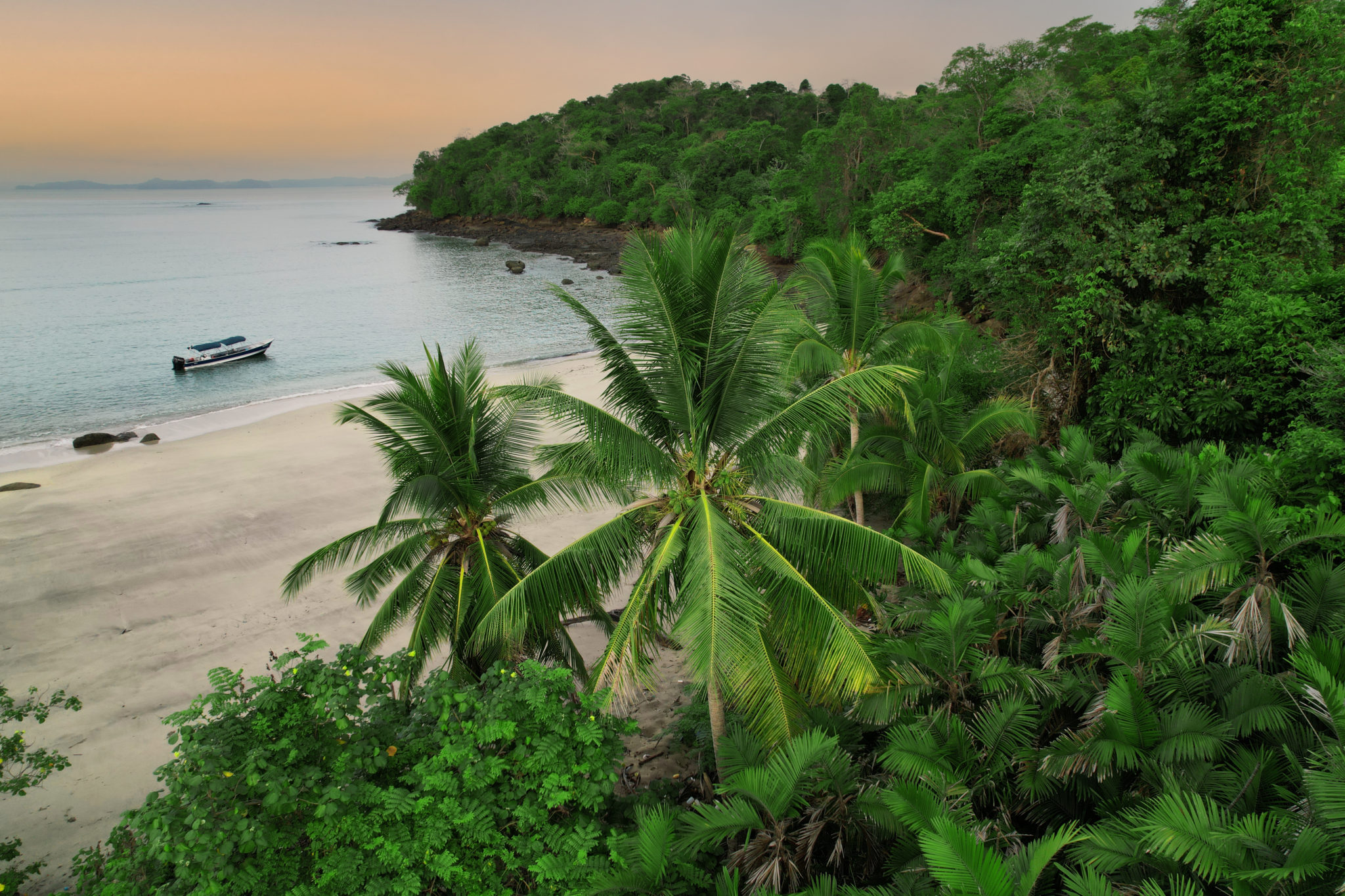
Islas Cayonetas, Panama
Irreplicable portfolio of three Pacific islands
3 Pacific Islands | 1,749 Acres +/- | 53 Beaches | 17.7 Coastline Miles +/- | 30% Developable Area
Bespoke Exclusive. $100M
In its economic aspiration, the potential of this trail-blazing investment opportunity entails a most symbolic affinity with the Panama Canal. The Canal is an engineering marvel of unparalleled role in the movement and connectivity of world commerce. By virtue of its anchorage in the naturally opulent Gulf of Panama that cushions the very Pacific entry to the Panama Canal, the Islas Cayonetas portfolio is in a singular position to dazzle the world as a portal into a multi-channel canal of biological and scientific capital for the 21st century economy. This is a prospect of a breathtaking force and promise. It empowers the visionary investor in Islas Cayonetas’ transnational legacy to champion a globally momentous convergence of “tourism economy” and “knowledge economy” within a major new economic model that inserts conservation firmly into the vocabulary of the ever more knowledge-oriented global economy.





